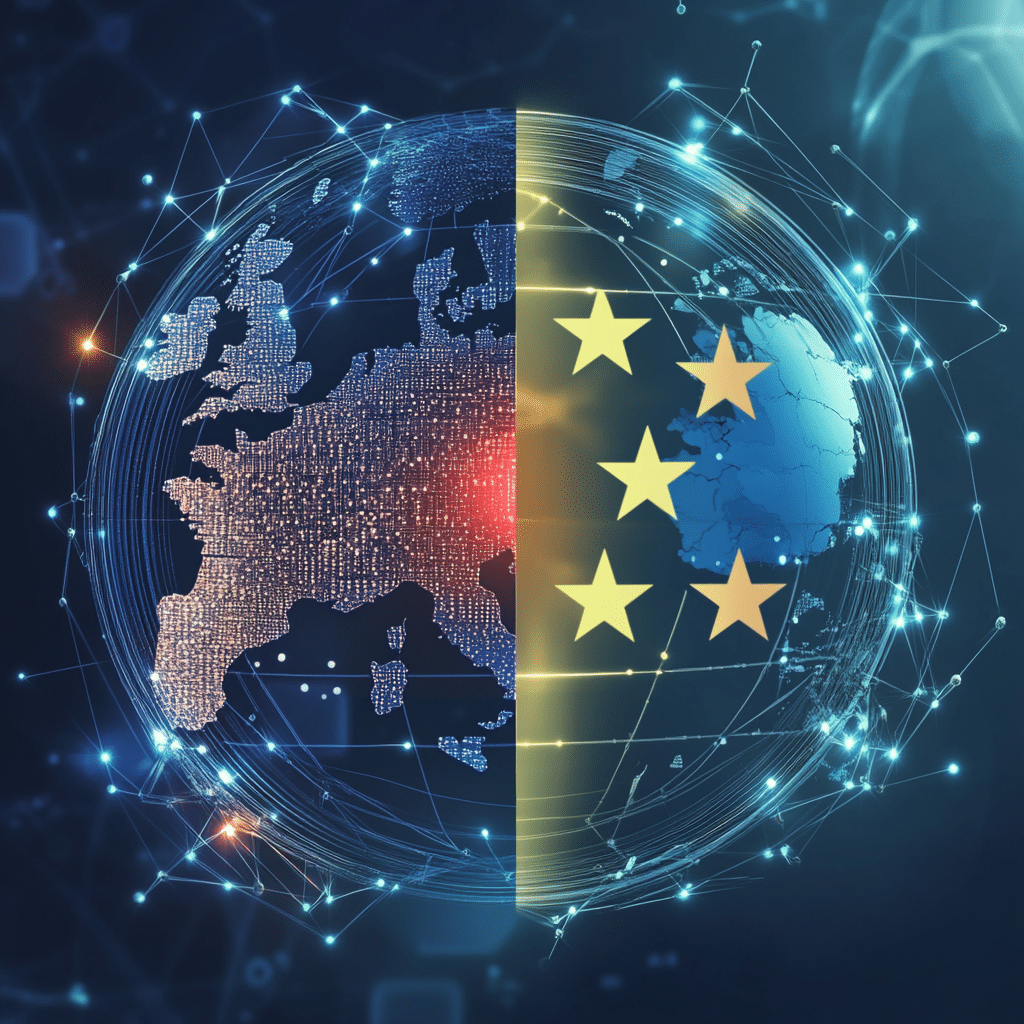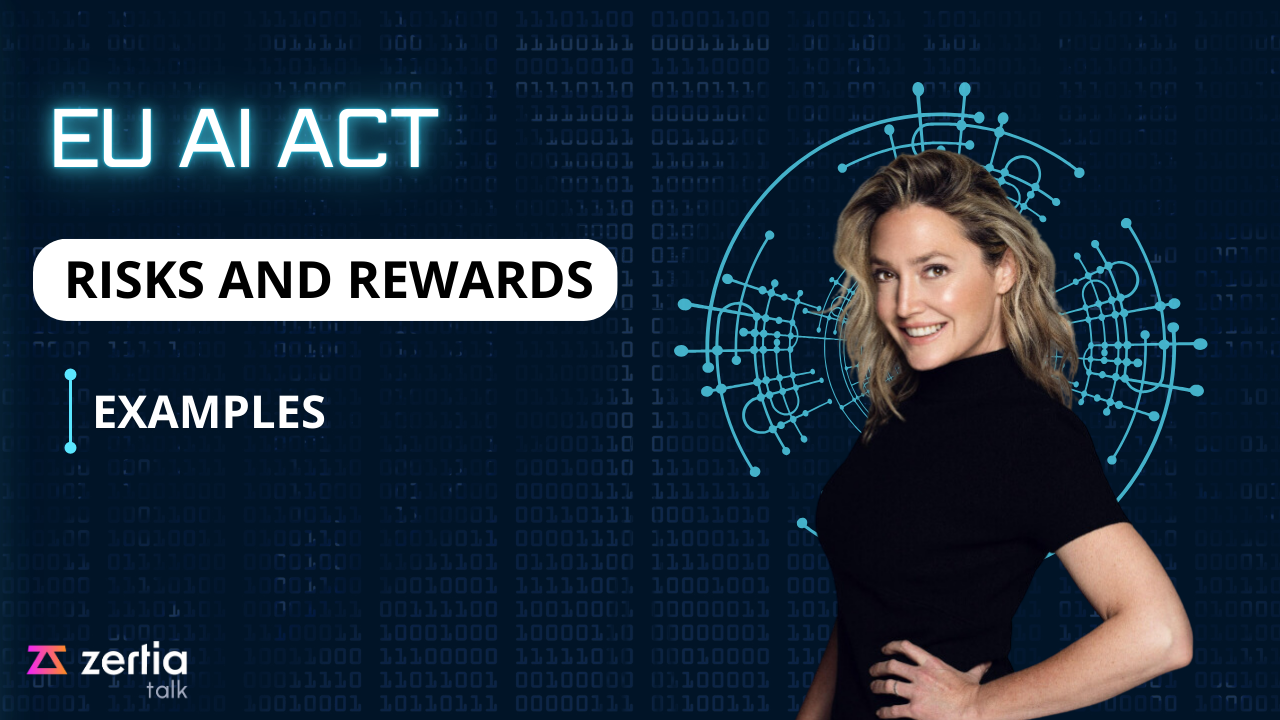The European Union’s Artificial Intelligence Act has entered into force as of August 1, 2024, marking the first step toward regulating artificial intelligence (AI) across Europe. Although full implementation will stretch until August 2026, over 100 technology companies have already committed to the law through a voluntary agreement called the ‘AI Pact.’ However, two tech giants, Apple and Meta, are missing from this initiative.
Signatory Companies and Initial Commitments
A wide range of companies have joined the AI Pact, including major players like Google, Amazon, Microsoft, and OpenAI. Additional significant contributors like Adobe, Lenovo, Telefónica, Samsung, and Qualcomm have also signed the pact. These companies have agreed to follow a series of measures aimed at aligning with the European AI law.
Key Commitments of the AI Pact
The pact outlines three primary commitments for companies to adhere to:
- Adoption of an AI Governance Strategy
Companies agree to establish an internal structure for AI governance to ensure compliance with the AI regulation. - Identification of High-Risk AI Systems
Signatories are tasked with identifying high-risk AI systems within their scope of operations. Although no further action is required at this stage, this identification is a critical first step. - Promoting AI Awareness Among Employees
Companies commit to raising AI awareness through training and education about the ethical and responsible use of AI, ensuring that their employees are well-informed on the matter.
Notable Absences: Apple and Meta
While many tech giants have signed the AI Pact, the absence of Apple and Meta is particularly noticeable.
- Apple has yet to make any public comment about its stance on the AI Act or its plans for compliance within Europe.
- Meta has acknowledged the importance of regulatory harmonization across the EU but remains cautious about preemptive regulation of open-source AI. Despite its reservations, Meta has stated that it may consider joining the pact in the future.
Concerns About the AI Act from Meta and Spotify
Both Meta and Spotify have raised concerns that regulating emerging technologies like AI too early could stifle innovation and limit technological development. Other companies that have voiced opposition to the AI legislation include Anthropic and the French startup Mistral, which has been particularly vocal in its criticism of the regulation.
The Road Ahead for AI Compliance in Europe
The signing of the AI Pact is a significant step in ensuring that AI technologies in Europe operate within a secure and ethical framework. As more companies begin to align with the European AI governance model, compliance with the AI regulation will become increasingly important for maintaining a competitive edge in the global market.
For now, the absence of companies like Apple and Meta serves as a reminder of the challenges in harmonizing AI regulation across borders and the balancing act between innovation and regulation. As the implementation of the European AI law progresses, the tech industry will be watching closely to see how these giants respond.






